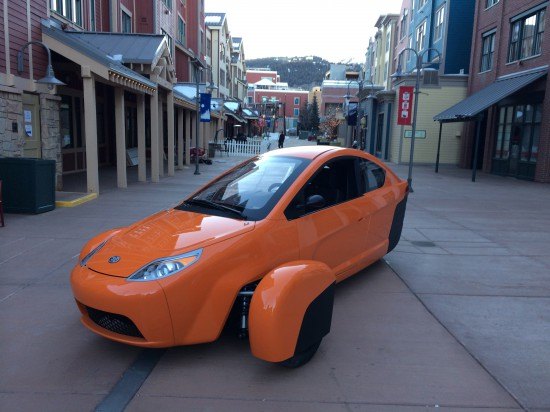#Iav
Germany Engineering Firm Pleads Guilty to Involvement in VW Emissions Scandal
IAV GmbH, the German engineering company co-owned by Volkswagen Group, plead guilty to a felony count of conspiracy in a U.S. District Court on Friday, to the surprise of absolutely no one. Last month, authorities said the firm had already agreed to a guilty plea and multi-million-dollar fine for its role in helping Volkswagen Group develop software that could effectively help cars falsify emissions test results.
That makes the courtroom officiation little more than a formality. While the court wants to conducts a probationary investigation, effectively delaying sentencing until May 22nd, there is little doubt what the final penalty will be — $35 million and two years of operation under the supervision of a court-appointed monitor.
TTAC Sources: IAV Was Volkswagen's Co-Conspirator in Diesel Scandal
The U.S. federal indictment of Volkswagen engineer James Liang, stemming from the automaker’s effort to cheat on emissions testing of their supposedly “clean” diesel engines, mentions an as-yet unindicted co-conspirator, “Company A”.
That firm allegedly helped Liang and his team at VW develop the software routine that only activated emissions controls when vehicles were being emissions tested. Company A was identified in the indictment as a Berlin-based automotive engineering company that is 50 percent owned by the Volkswagen group, which is also Company A’s biggest customer.
Elio Motors Dyno Tests Engine Prototype
Elio Motors, the startup automaker hoping to produce and sell a low cost, high mileage reverse trike announced yesterday that the prototype of the IAV designed 0.9 liter, three cylinder single overhead cam engine to be used in their vehicle has successfully started dynamometer testing. A short video of the engine running in a test cell has also been released. While it remains to be seen if Elio will be able to raise the $200 million or so they say they need to start production in 2016 (pushed back from this year), the engine test is one of the more important steps on the journey to reach that goal.
Elio Motors Update: Latest Prototype Shown, Lease & Contracts Signed, Factory Stores Announced
Since we last looked at Elio Motors, the startup that plans on selling an 84 mpg, $6,800 tandem reverse trike to people looking to replace 15 year old beaters, there have been a number of developments involving the company. To begin with, the start of production has been pushed back until the beginning of 2015. Though Elio had originally announced that production would start in Q4 of this year, there were delays in finalizing the real estate deal for the former General Motors assembly plant in Shreveport, Louisiana where Elio plans to build their vehicles, including assembling their own engines (whose preliminary specifications have been announced). There have also be some changes to the car’s design as it gets closer to production, with a fourth prototype being introduced. Finally, Elio has announced how they will market and service the vehicle. Like Tesla, they will be setting up factory owned stores to sell directly to customers. Those stores, though, won’t be providing service.


















Recent Comments